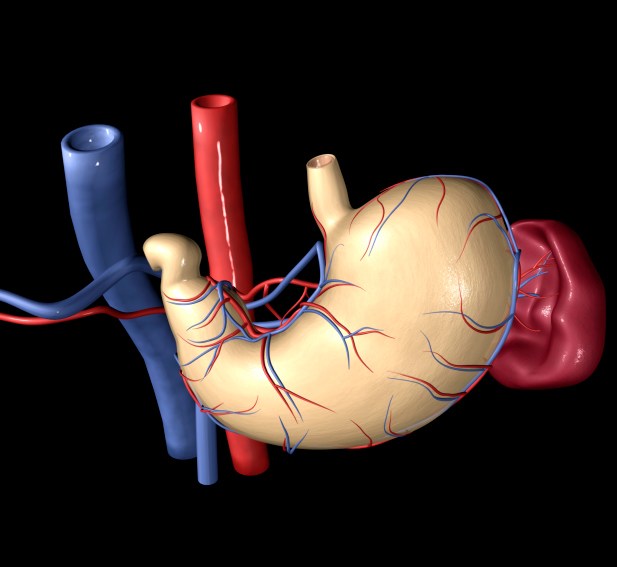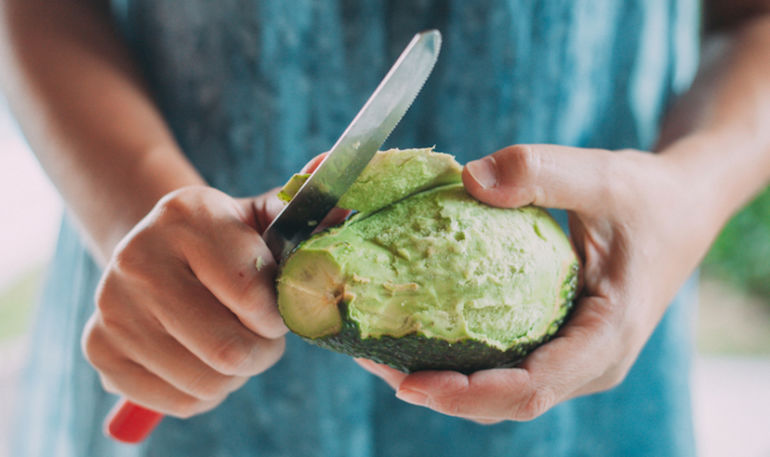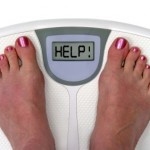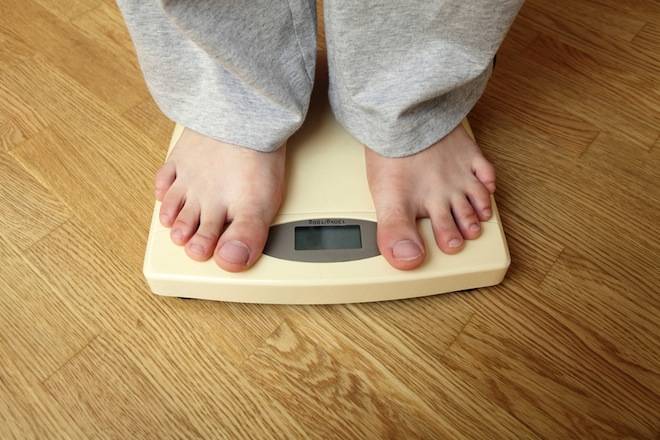Four Misconceptions About Weight Loss
There are a number of commonly held misconceptions about weight loss that people have. More often than not, these things can derail perfectly good intentions and set weight plans back. Here, we'll define these common myths and misconceptions so that you can avoid them in your healthy weight loss plan.
High Protein, Low Carb Diet, the truth and the lie:
As of yet, nobody really knows what the long term health impacts of these diets are. The truth is, though, that getting most of your daily calories from high-protein foods like cheese, meat, and eggs is not a balanced way to eat and it is not healthy. Eating this way can actually increase your heart attack risk, increasing fat and cholesterol. Leaving out whole grains, fruits and vegetables can also cause constipation and cause you to feel nauseated, tired and weak. Eating too little carbohydrates can cause a strong build up of partially broken down fats known as ketones in your blood, leading to ketosis, a condition which can cause gout and kidney stones.
The Starch Stop:
The truth about starches is this- everything in moderation. Many people assume that because starches are bad, and try to avoid them when in weight loss programs, but in fact, when in proper portions, starches are actually a beneficial part of a really healthy lifestyle. Another area where starches get a bad rap, is when people pile on toppings and other additives. Whole grains, pastas, rices and beans are actually incredibly good for you, and a very important source of energy that your body needs to burn fat and process calories properly.
Fad Food Diets:
Grapefruit, lemons and any other food you can name will not help you lose weight by themselves, they do not burn fat. No food burns fat- some may contain so much caffeine that they temporarily speed up your metabolism, but no food product actually burns fat. While there may be supplements on the market that can help, or doctor prescribed medications- food is not going to burn fat. The weight lost in these diets is usually due to a sudden decrease in caloric intake- but, once starvation mode kicks in, the weight comes back. The best way to burn fat is to cut your calories and engage in a more active lifestyle.
Fasting is Fast, But Bad
Skipping meals is never advisable, and it is definitely not advisable when you're trying to lose weight. Studies have actually proven that people who eat breakfast, and have other, small meals four and five times a day tend to weigh less than those who skip meals. One of the potential reasons for this is that whenever someone skips a meal, they feel hungrier later on and usually do not make a good food choice when they break the fast or finally do eat, and also may have a tendency to binge. Also, eating smaller portions more often stops hunger in its tracks, before it has a chance to get to the point where you feel you have to ingest more, cutting back on caloric intake.
-
Smoking Makes You Fat?
How many smokers keep smoking because they think they’ll pack
-
Do You Know The Most Effective Exercise For Weight Loss? Read About It Here
It is sad how many innefective ways to lose weight that people fall f
-
Diet Doc’s Hcg Weight Loss Diet Is Now Customized & Better
The physicians of Diet Doc created a medically, supervised HCG diet f
-
Weight Loss Goals - How To Lose Weight Without Knowing It
There are different ways of losing weight available in the internet an
-
Don抰 Ruin Your Diet While Eating Out
You have been going to the gym everyday
-
Inflammatory bowel disease patients at higher risk for heart attack and stroke
Research presented by the Mayo Clinic has shown that not only
- DON'T MISS
- Tell Me Do You Really Like Being Fat
- Choosing the Right Weight Loss Program
- Herbs For Well Being - Is This An Excellent Tip Or A Poor Thing?
- How Effective Are The Various Types Of Pest Control
- Eating Less Gaining More
- Extreme Knee Fats - Distinctive Ideas To Deal With It And Get Attractive Legs
- Lose Waist Fat - How to Reduce Waist Size Fast?
- Five Simple Ways to Encourage Weight Loss Before The Holidays
- 4 Sensational Secrets For Lighting Fast Weight Loss Results and A Healthy Body
- How Anaerobic Threshold Exercises Increase Weight Loss




